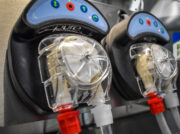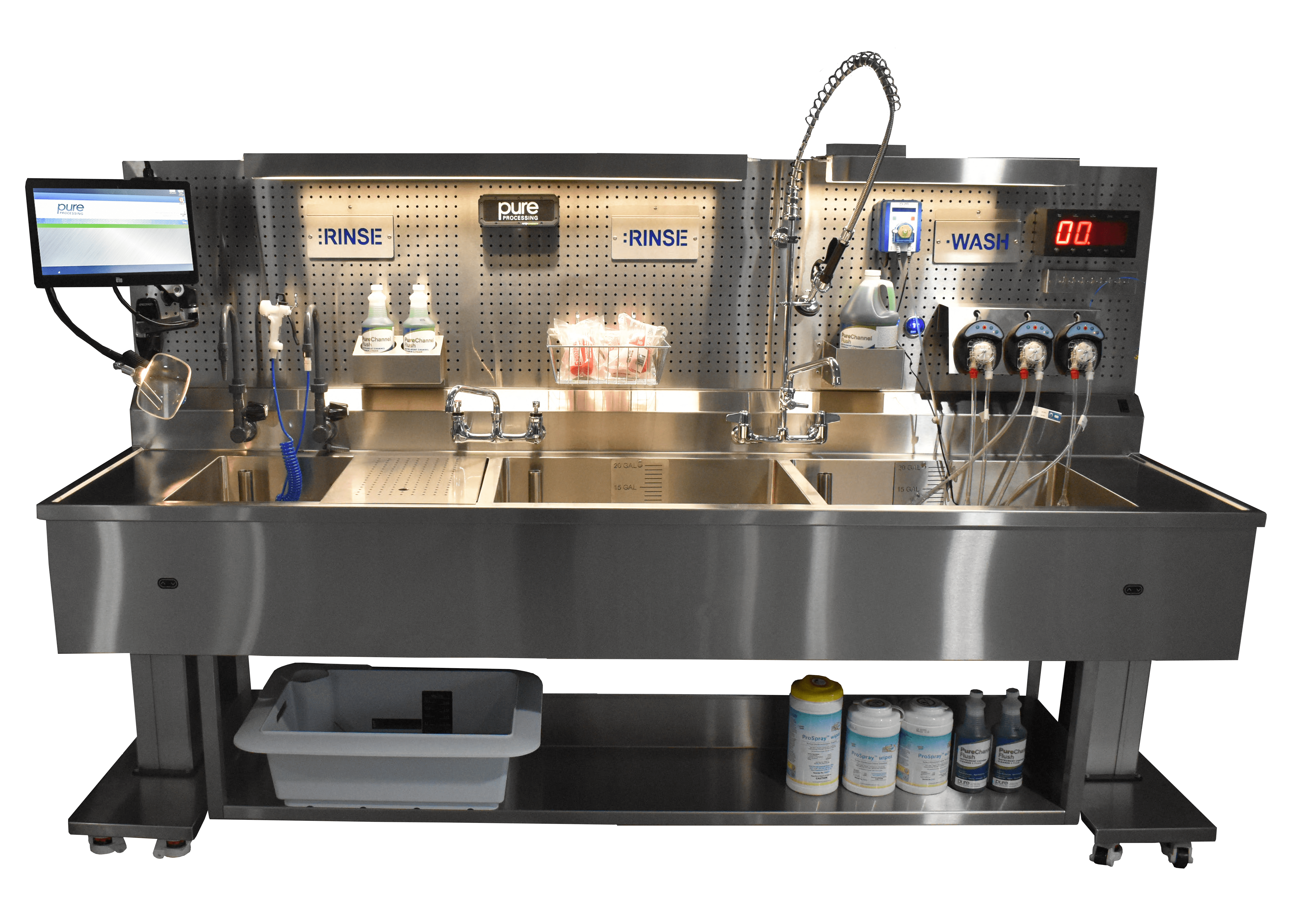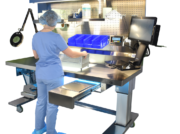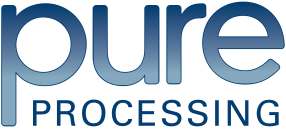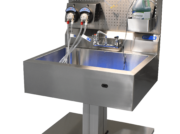
What’s in your Management Toolkit?
Sterile processing department (SPD) leaders face unique challenges every week. Whether it is interpreting the instructions for use (IFU) of the newest surgical device, navigating equipment failures, or partnering with the Operating room (OR) on change management programs, leaders often pivot from technical to administrative decision making throughout the day. Having a trusted tool kit at the ready prepares leaders for the unexpected. While the situation may be unique, the solution may be closer than you realize.
#1 – Your Network
Networking provides many benefits to leaders. Professional networks provide alternative perspectives, tangible resources, support, and valuable industry insights. Having contacts throughout the industry allows leaders to think beyond the walls of their department and inject creativity into their problem solving. It also provides a community to turn to for support and guidance.
Many departments are facing similar challenges, and having these connections keeps a leader from feeling siloed. Why solve a problem if a leader right across the street may already solved it and is willing to share?
A well-rounded network should include: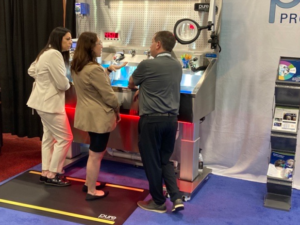
- SPD technicians & leaders
- Infection prevention
- Operating room & ambulatory clinical staff
- Strategic planning
- Quality & safety
- Facilities
- Vendor representatives
#2 – Standard & Guideline Resources
Standards, guidelines, and policies all have their place in healthcare; sterile processing is no different.
Factoring in all the required standardized templates and forms can quickly turn into information overload for leaders. Creating quick access links to the most frequently used resources can help reduce the stress of digging through various files and pathways to find what you need.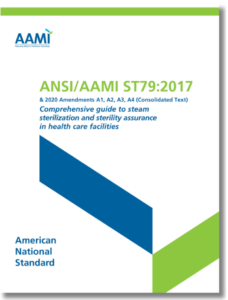
Resources may vary depending on facility requirements; some key ones to include when building your tool kit might include:
- ANSI/AAMI ST79:2017
- ANSI/AAMI ST91:2021
- AORN Perioperative Guidelines
- HSPA’s current textbooks
- Direct link to your facility’s policies and procedures
- Direct link to your facility intranet/leaders resource application
- Vendor-provided resources, such as IFUs and manuals
# 3 – Continued Education
In the rapidly evolving world of healthcare, continued education plays a crucial role in leadership development. Understanding the trends and advancements within the industry allows leaders to proactively approach changes and plan accordingly.
Continued education comes in a wide variety of platforms and formats. While incorporating continued education into the busy schedule of a healthcare leader might take some strategic planning and creativity, being armed with the latest information and resources positions both the leader and their team for success.
Topics a leader should consider when choosing continued education might include:
- Standards updates
- Infection prevention
- Medical device advancements
- Leadership
- Emotional intelligence
- Instrument tracking software
- Data & analytics
- Financial planning
Formats for Continued Education that are popular include:
- Webinars
- Local chapter meetings (HSPA, AORN, SGNA, etc.)
- National conferences
- Podcasts
- Online courses
Conclusion
SPD leaders are tasked as being subject matter experts in sterile processing for their healthcare facility. Developing and maintaining the tools and skills necessary to confidently teach, support and advocate for their team and the patients they serve is critical to the success of their leadership.
Interested in adding a few more tools to your Manager Toolkit? Check out these blog posts:
